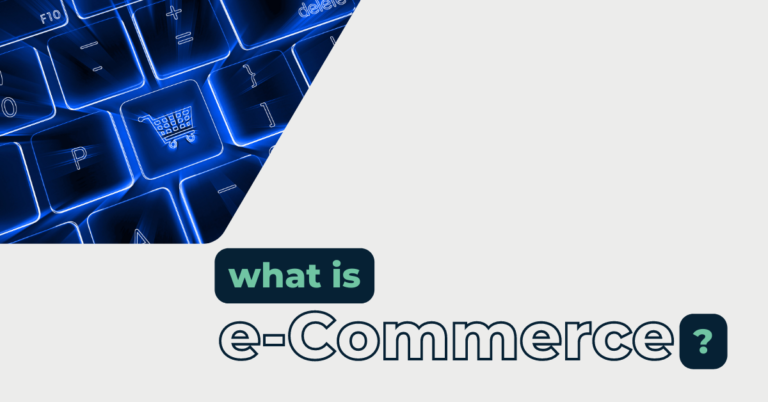
What is e-Commerce?
e-commerce stands for electronic commerce. As the name suggests, it is the buying and selling of goods and services over the internet – and ultimately,

e-commerce stands for electronic commerce. As the name suggests, it is the buying and selling of goods and services over the internet – and ultimately,
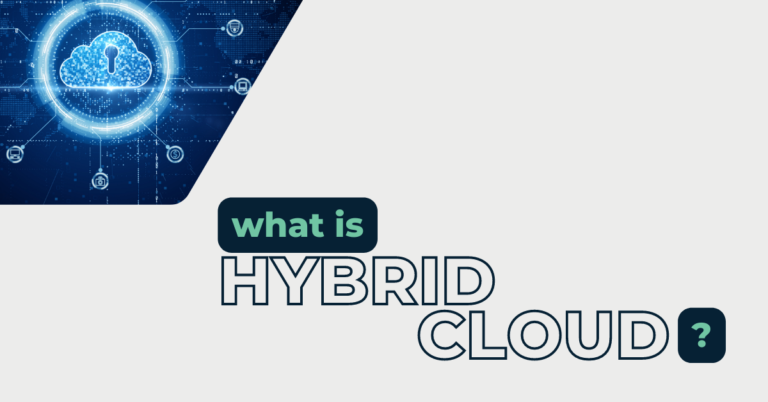
It is essentially an IT architecture fusion of public and private cloud services. What exactly does that mean? Public cloud is computing services offered by
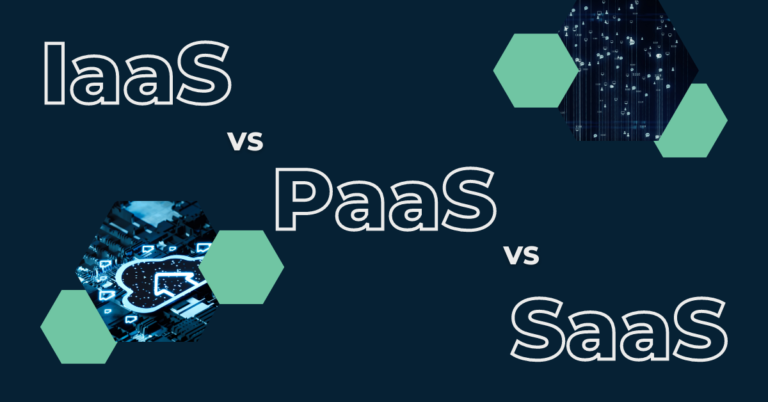
If you aren’t familiar with these abbreviations, these are the three main models of cloud technology. A while back we had defined Cloud Computing and
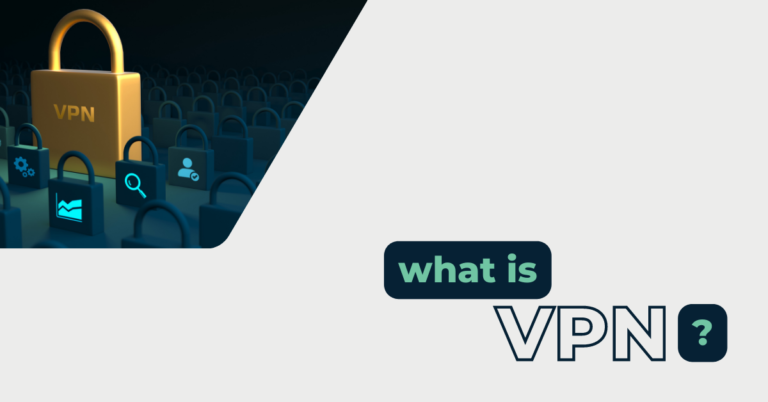
According to a Forbes article, “VPN stands for virtual private network. In basic terms, a VPN provides an encrypted server and hides your IP address
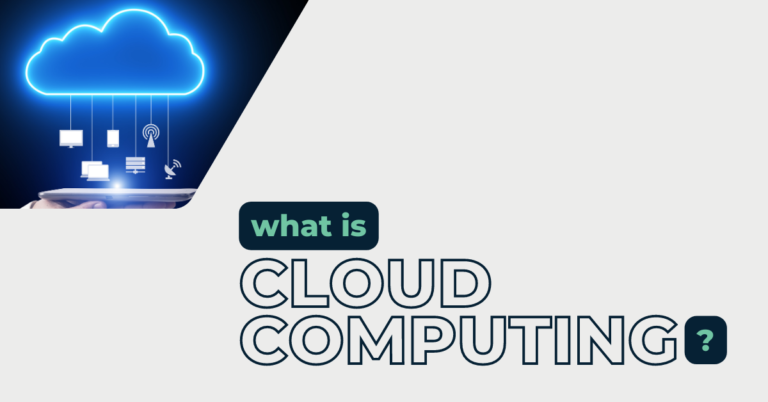
What is it and how can it impact businesses? Cloud computing is essentially the delivery of computing services, or accessing and storing of data over

We are proud to announce that SNS Tech is ISO Certified in Quality Management Systems. Today, SHEQ Consulting Managing Director, Benedict Oraka, presented ISO 9001:2015